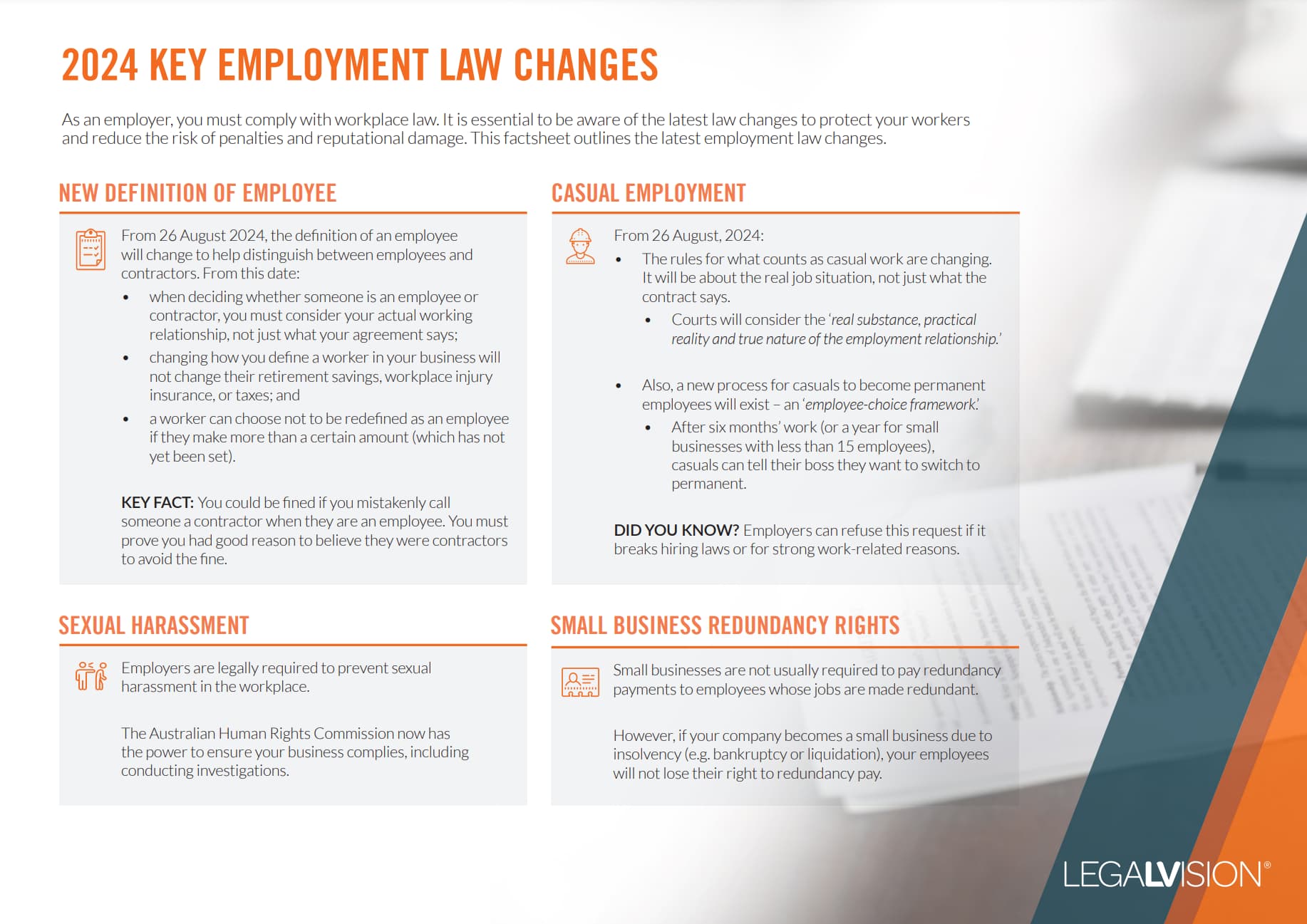If your business or company is shutting down for Christmas or New Year, your employees may need clarification about their annual leave. As an employer, you may want your employees to take their leave during the holiday break. However, it is important to know whether you can legally enforce this or not. This article will explain whether you can force employees to take annual leave during the holiday break.
Exploring Award or Enterprise Agreement Terms
Except for casual employees, every employee has the right to annual leave. However, whether you can allow employees to take annual leave depends on the terms of the award or enterprise agreement that covers your employees. The award or agreement might require employees to take paid annual leave during the Christmas or New Year break. Similarly, the award or agreement might allow you to direct your employees to take annual leave in other circumstances.
Awards cover most employees, and most allow employers to direct their employees to take leave during a shutdown. However, the amount of notice you must give employees may vary with each award. For example, an in-store retail employee must take leave when their business is closed for the holiday period. The employer must, however, give at least four weeks’ notice before the employee takes leave.
Casual Employees and Industry Variations
Casual employees usually do not get paid leave because casual jobs do not come with a guaranteed commitment from the employer. They also will not be paid for the days they do not work. However, in other industries, employers can direct employees to take their leave during business shutdown periods, including:
- real estate;
- hospitality; or
- cleaning services.
The Award or Enterprise Agreement Must Be Reasonable
The Fair Work Act requires that any requirement you make for an employee to take paid annual leave must be reasonable. The Fair Work Act explicitly states that business shutdowns during the Christmas or New Year period qualify as reasonable. Additionally, if an employee’s annual leave accrues, it is sufficient for an employer to force an employee to take their annual leave.
Fair Work Australia has considered the following factors relevant when assessing the reasonableness of the employees’ award and registered agreement:
- needs of the business;
- needs of the employee;
- prior agreed arrangement/s between employer and employee;
- time of notice given to the employee;
- business’ past practices.
Additionally, there are some options if an employee needs more leave accrued to take paid annual leave during the shutdown period. Firstly, check the award or agreement that covers the employee to see if anything is stated concerning this situation. Secondly, if nothing is stated or the award or agreement does not cover them, you can either allow the employee to use their paid annual leave in advance or ask them to take unpaid leave. Thirdly, if you cannot reach an agreement, you must pay their ordinary salary for that period.

As an employer, it is essential to understand what employment laws have changed and their implications for your business — particularly the changes to the Fair Work Act 2009 through the new Closing the Loopholes legislation.
Key Takeaways
If your business closes during the Christmas or New Year period and your award and agreement allow it, you are able to direct your employees to take annual leave. Ensure that the award or agreement aligns with taking leave during shutdown periods. Likewise, remember to incorporate those public holidays within the holiday period in annual leave pay if employees would usually work then. Finally, check with the award or enterprise agreement to determine how much notice you must give.
If you need help understanding your award or enterprise agreement, our experienced employment lawyers can assist as part of our LegalVision membership. For a low monthly fee, you will have unlimited access to lawyers to answer your questions and draft and review your documents. Call us today on 1300 544 755 or visit our membership page.
We appreciate your feedback – your submission has been successfully received.











